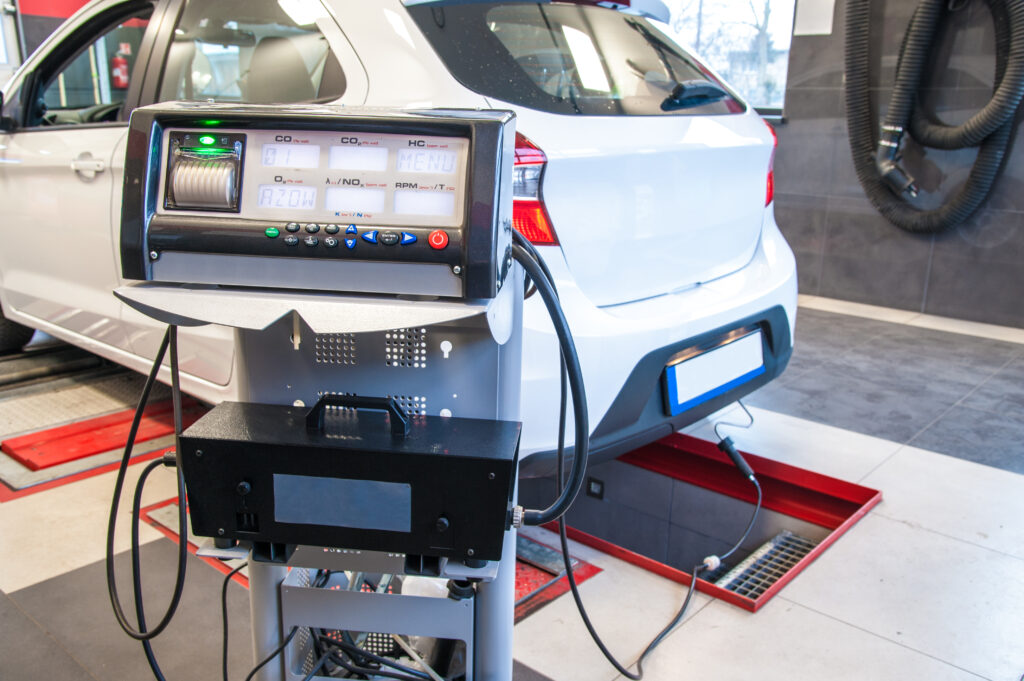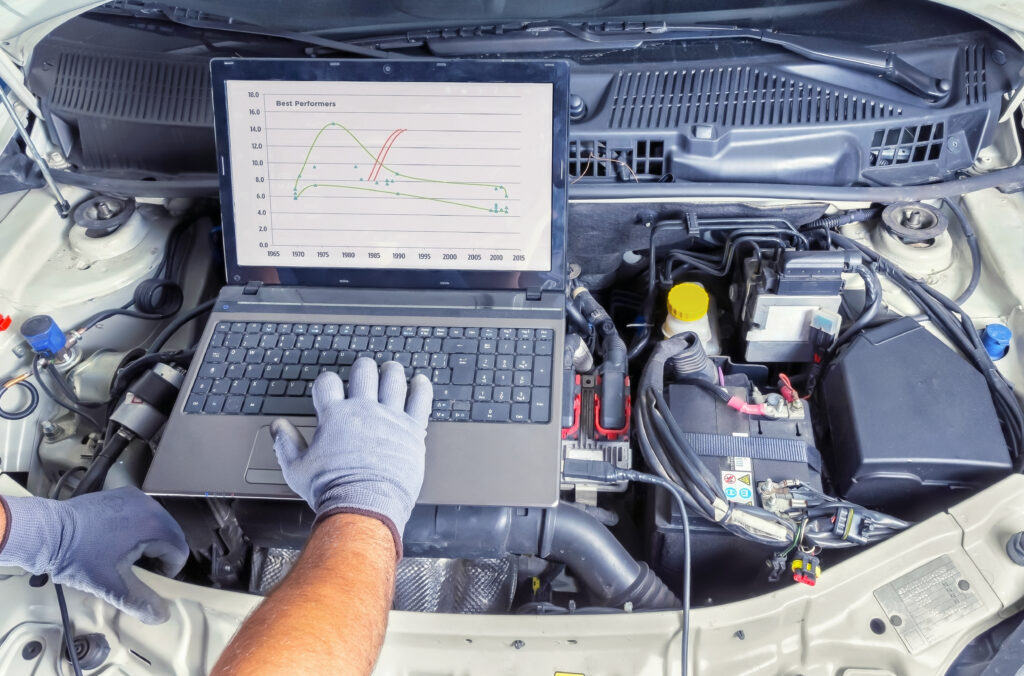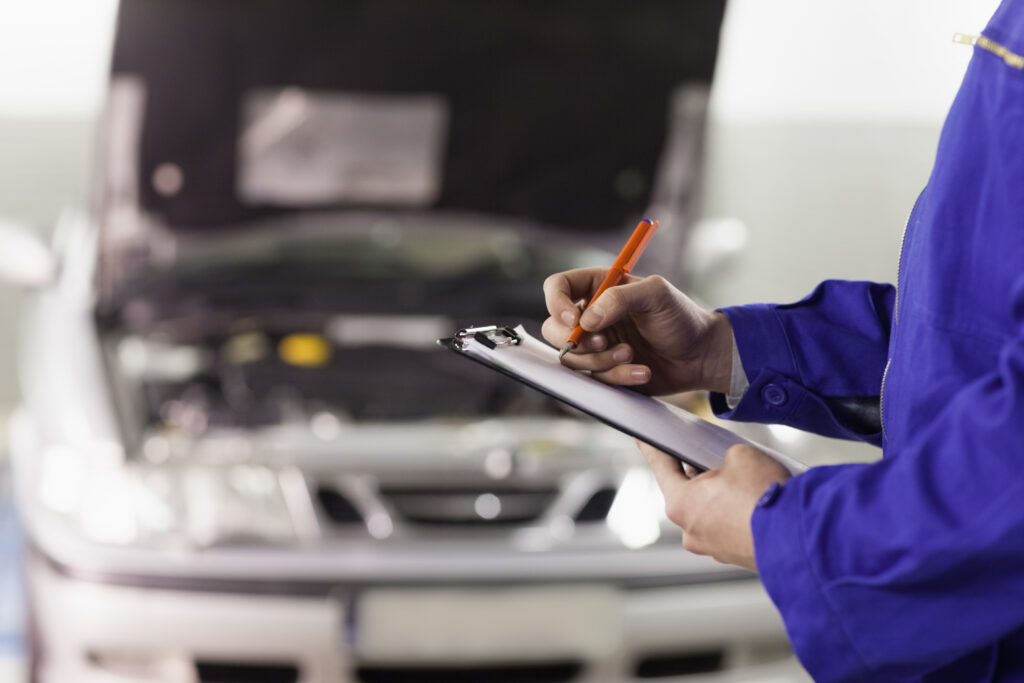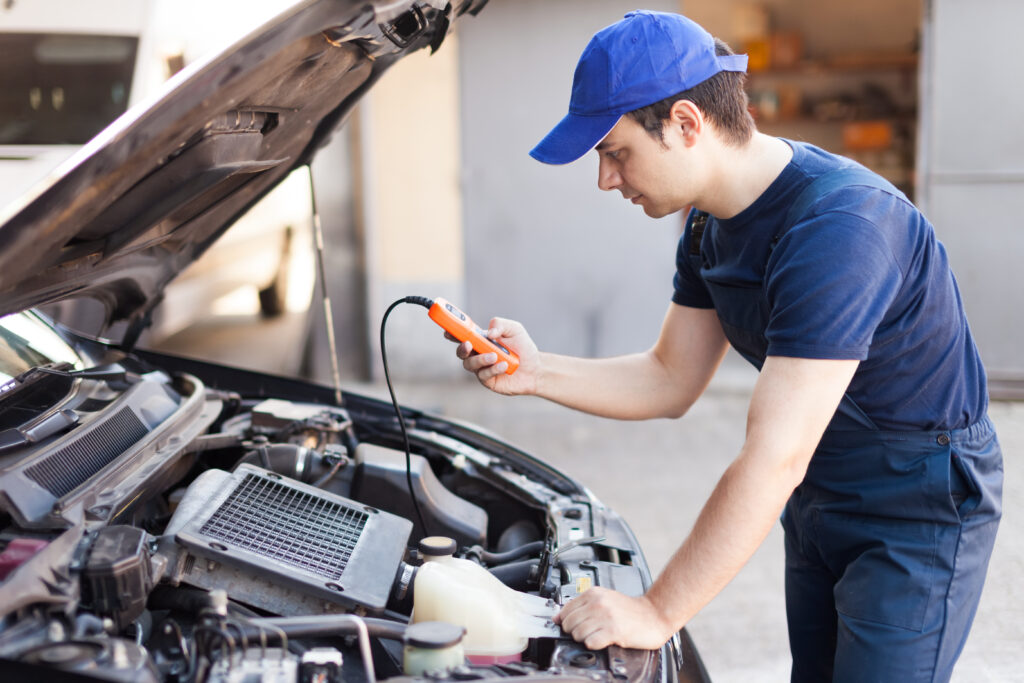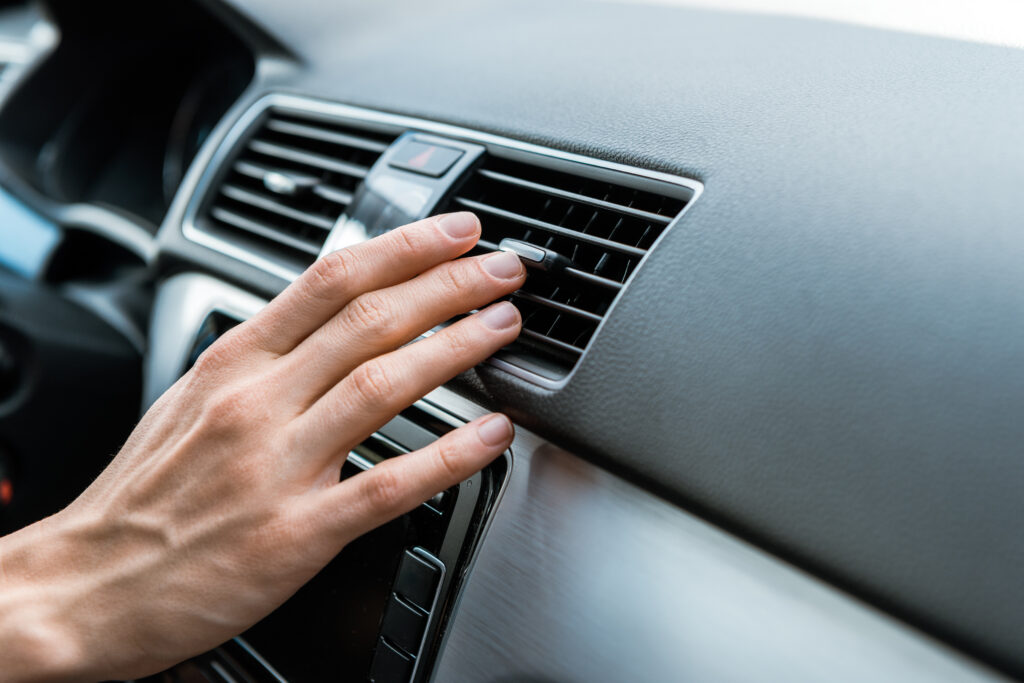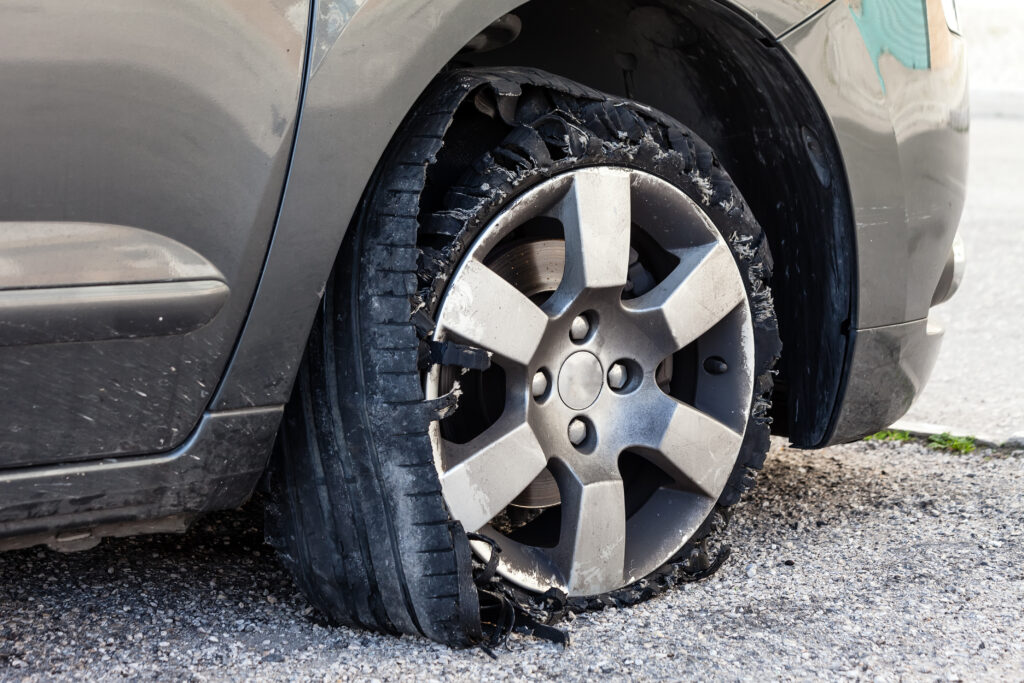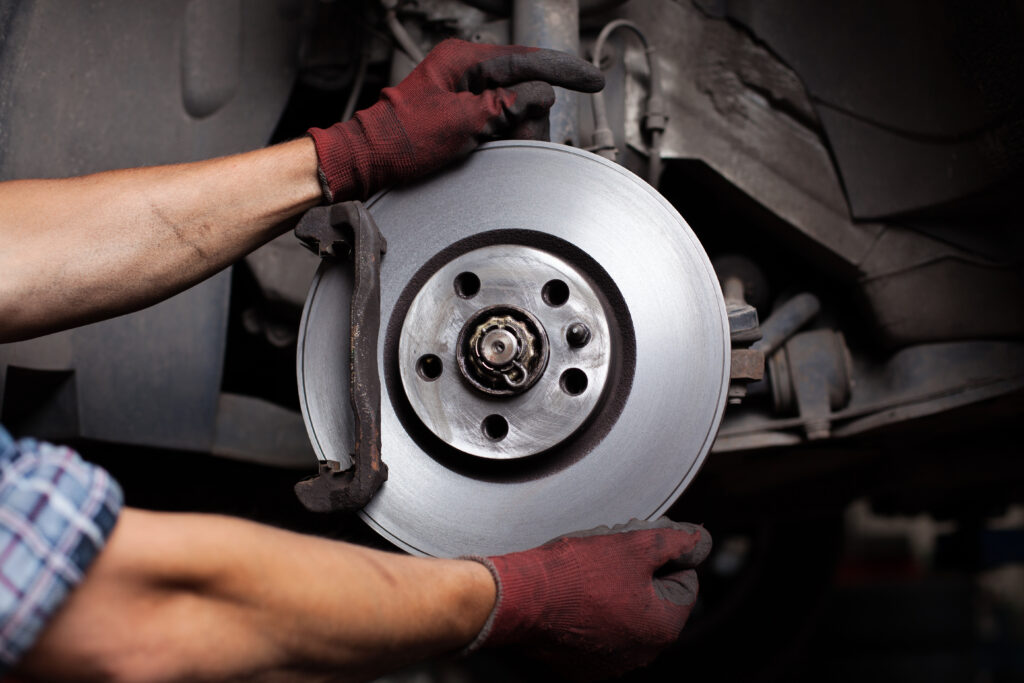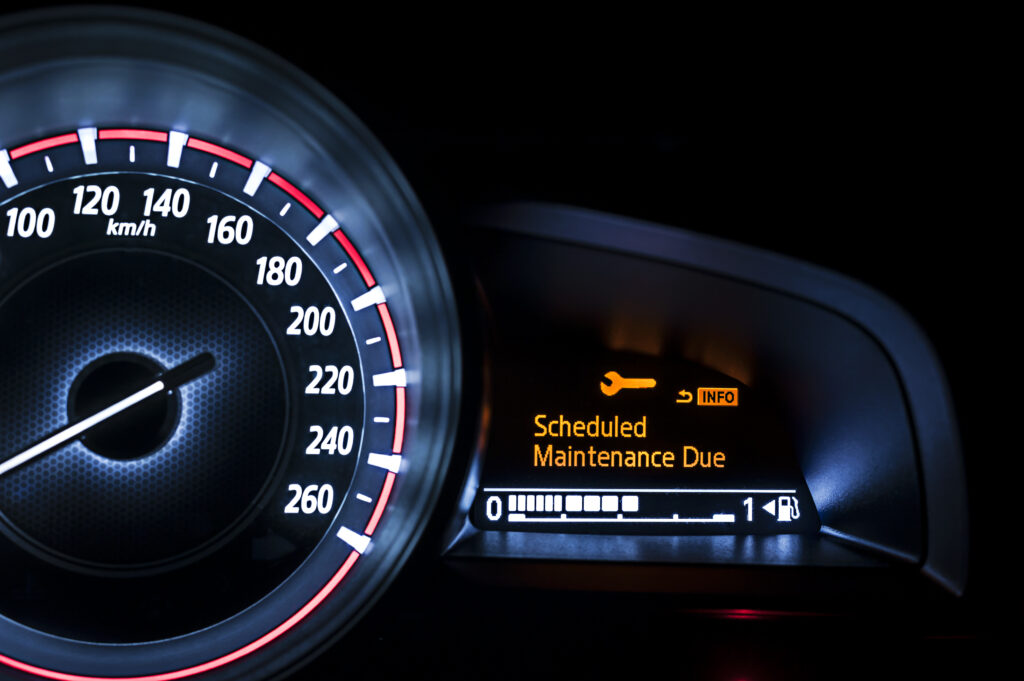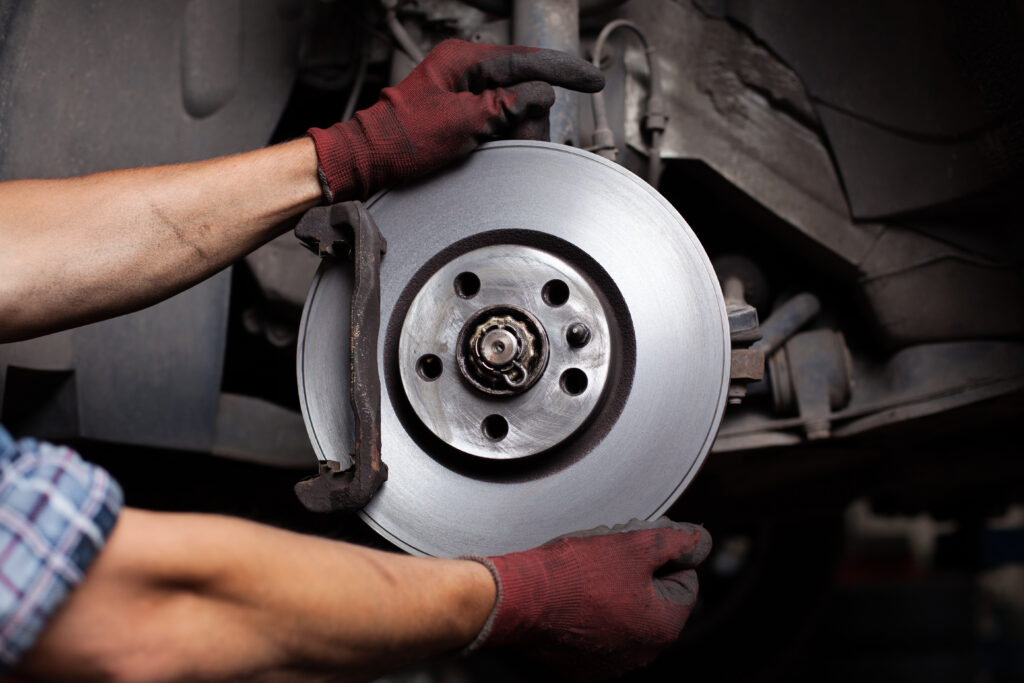
With so much to maintain on your car, you might not even know when it’s time to replace your brakes. In fact, you likely won’t experience any problems with your brakes for thousands of miles. When they finally begin acting up, you might not even realize that the signs you are experiencing are indications that you need to get new brakes.
Your car’s brakes need to be replaced every 25,000 to 65,000 miles, though they may wear down more quickly based on the local weather conditions, road quality, and driving style. When they begin to wear down, they will start showing clear signs of wear and tear. Our team at Paskett Auto wants you to know all the signs indicating you need to get new brakes so your car can continue performing as safely as possible.
1. Your Brakes Are Squeaking Or Screeching
When you are driving your car, you may begin to hear a high-pitched squealing or screeching when applying pressure to your brakes. This squealing or screeching is a result of a metal tab scrapping against the rotor. Most brake pads are designed with these built-in wear indicators, so you know when they are beginning to wear down. If you notice this squealing sound every time you stop your car, it is a sign that you have 2/32 of an inch of brake pad remaining and is a good indication that you need to get new brakes.
2. You Aren’t Stopping As Quickly As Normal
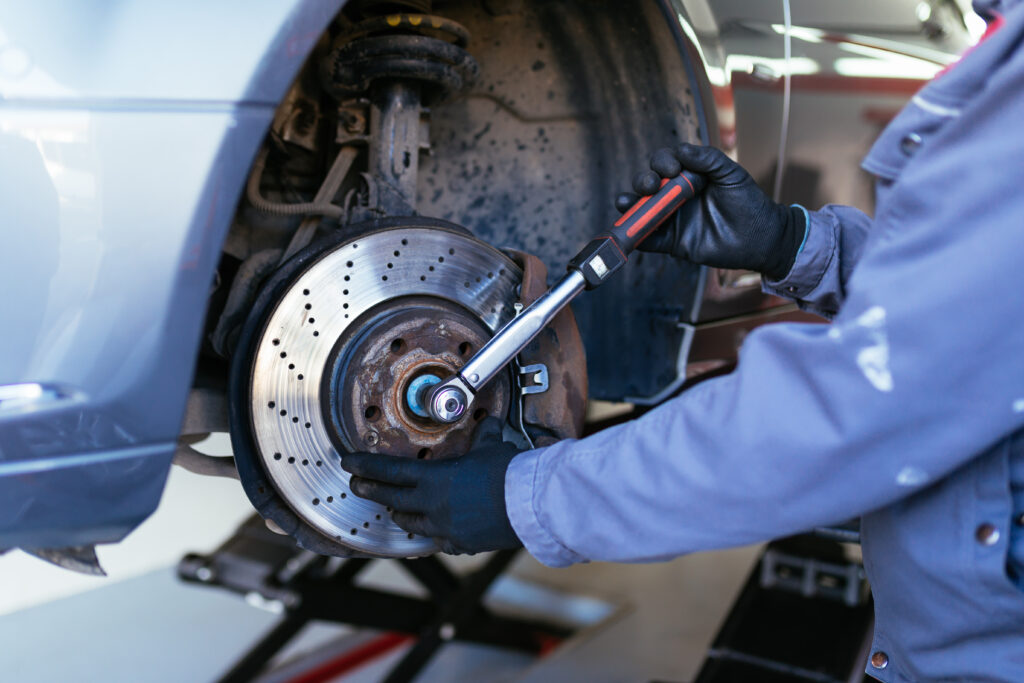
If you live on a hill and often have to apply your brakes as you descend, you may begin to experience brake fade. This means you are utilizing your brakes for significant distances. While this is fine occasionally, regularly using your brakes like this may result in premature wearing of the brake pad. Over time, you will notice that your car is not stopping as quickly as it previously was. This can indicate one of two problems. You either need new brake fluid or you need to get new brakes to fix this problem.
3. Your Car Vibrates When Stopping
This sign is definitely a final sign that you need to get new brakes. Brake pads are held together by a resin material. As they wear down, the resin is warmed and spreads across the rotors. With well-functioning brakes, this resin spreads evenly across the rotors. But, if your brake pads are overheated, the resin may spread unevenly, leading to vibration as you attempt to stop your vehicle. Your brakes shouldn’t ever vibrate when stopping if they are in good condition, so as soon as this sign appears, it is crucial that you reach out to a professional for brake replacements.
4. You Feel Your Car Pull To One Side When Braking
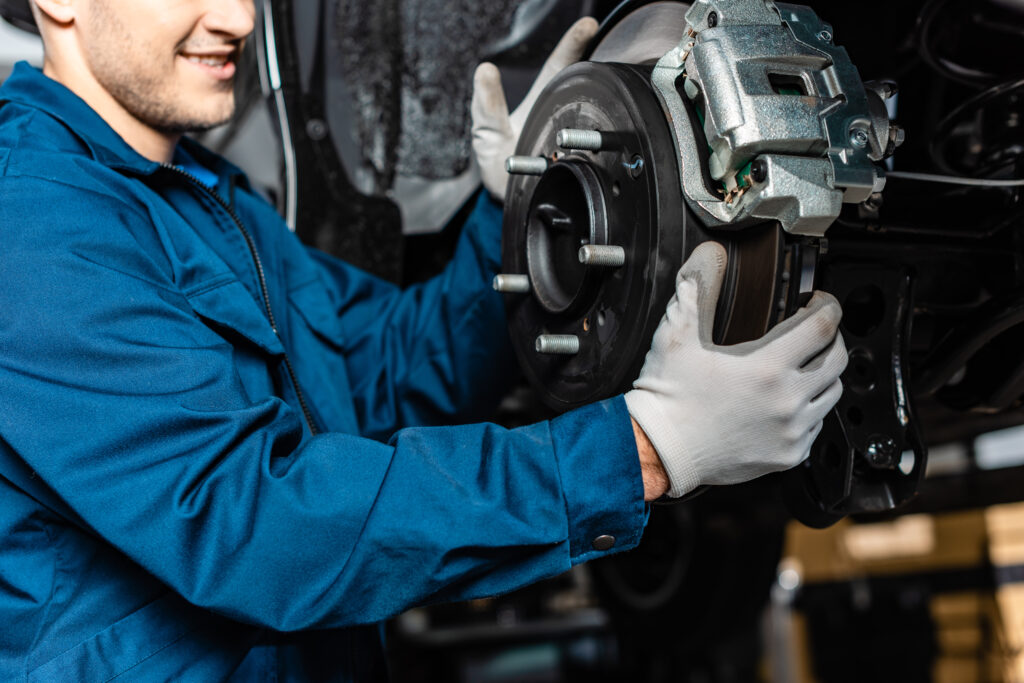
No matter how you use your brakes, they never wear out at the same rate. Sometimes, one side will wear down more quickly than the other. As you begin to apply pressure to your brakes, you may notice your car pulling to one side. This problem can become more significant if you don’t address it. You may find your car swerving into other lanes of traffic. If you notice your car veering into other lanes of traffic when stopping, you need to get new brakes as soon as possible to ensure you can safely stop without risking hitting others.
5. Your Low Brake Pad Light Comes On
Many modern vehicles have a warning lights on their dash to indicate any problems with the system. These lights include the Anti-lock braking system and brake system warning light. While this light doesn’t always come on when there is an issue with your brakes, there is a chance it will appear. While there are several problems this can indicate, including the need to get new brakes, it is best that you reach out to an expert for help. They can determine if you need new brakes or if there are other problems with your braking system that you haven’t experienced yet.
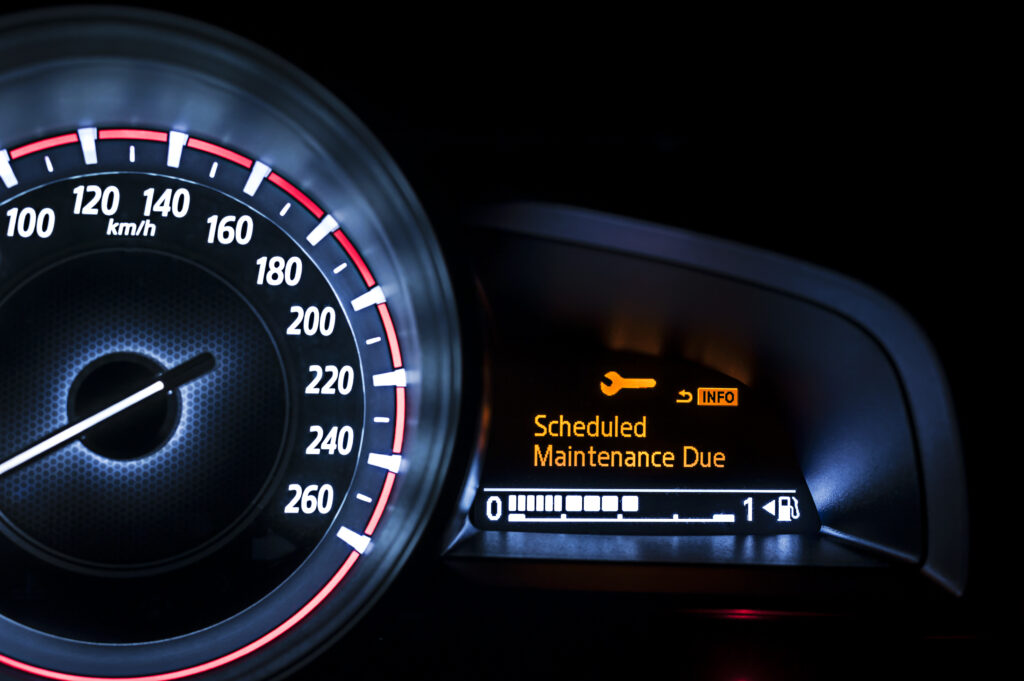
Get New Brakes With Paskett Auto
Having well-performing brakes is essential for safely using your car. If you have noticed any of the signs above, it is crucial that you schedule an appointment with a reliable auto repair shop as soon as possible. Our team at Paskett Auto can quickly and safely replace your brakes so you feel safe driving your car again.
In addition to our brake services, we provide engine repairs, emissions tests, tire alignment, and more. If you are interested in scheduling an appointment to replace your brakes or would like to speak to a member of our team, contact us today.

